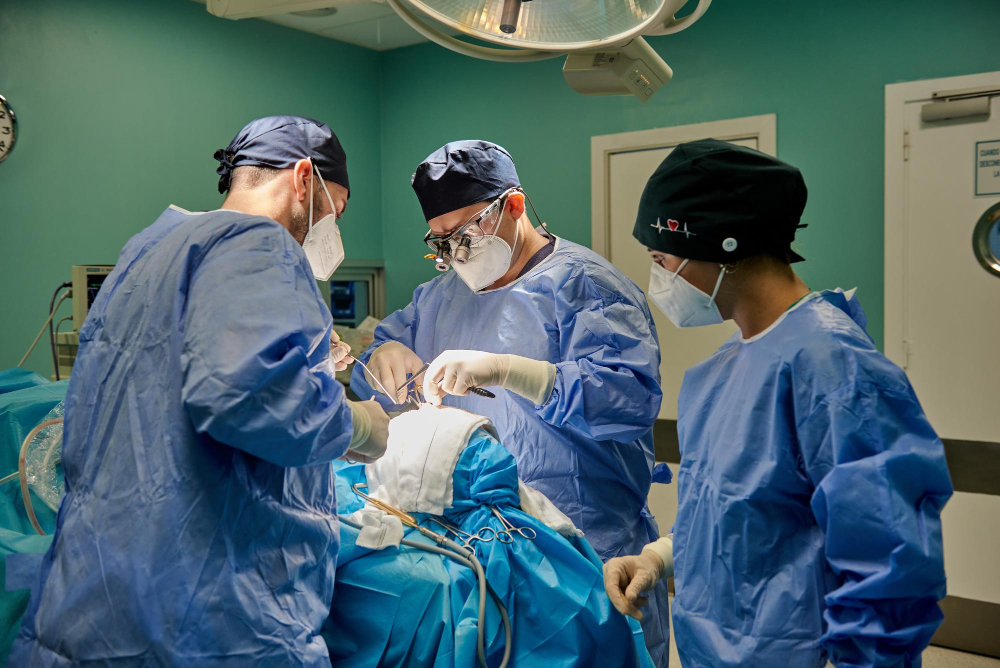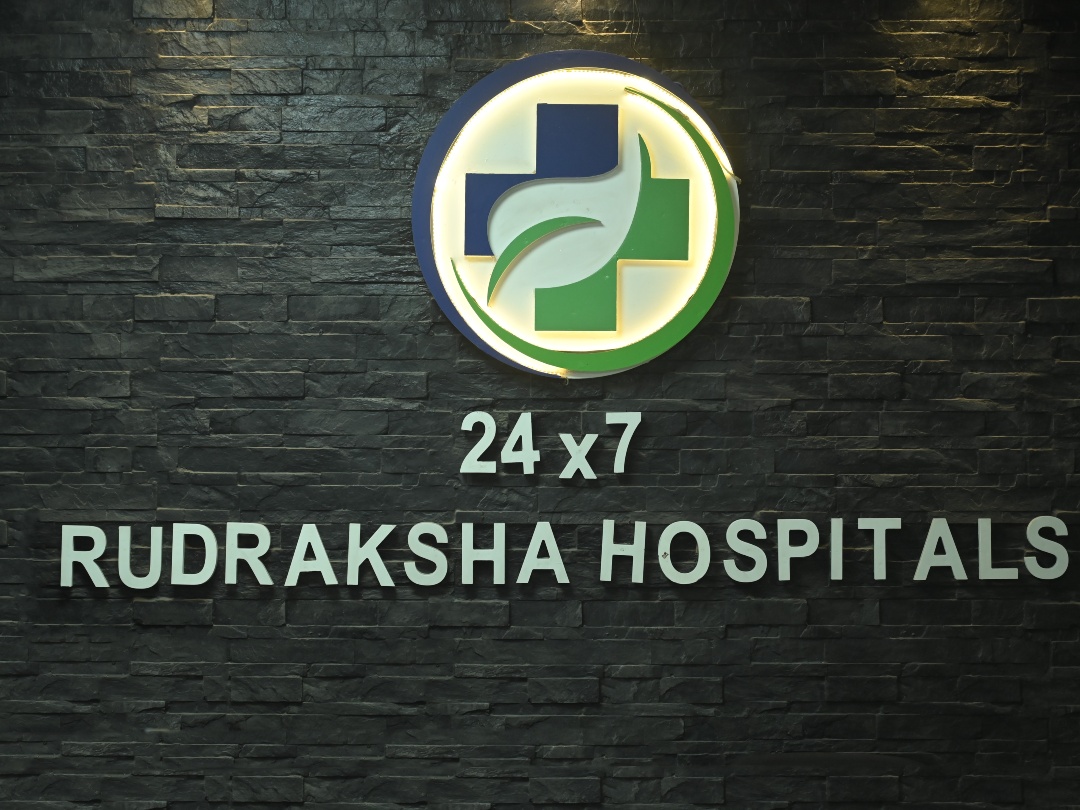General Surgery:
A Vital Medical Specialty
Rudraksha Multispeciality Hospital offers advanced general surgery services to address a wide range of health concerns. Our expert surgeons specialize in minimally invasive and traditional procedures, ensuring effective treatment with minimal discomfort. We provide care for conditions like hernias, appendicitis, gallbladder diseases, and more. Equipped with modern facilities, we focus on accurate diagnosis and personalized treatment plans. Our aim is to ensure quick recovery and enhanced quality of life for patients. From pre-operative care to post-surgical support, every aspect is handled with precision. Trust us for expert care and state-of-the-art surgical solutions. Visit the best hospital in Bhopal for comprehensive general surgery services.
Why Choose Rudraksha Multispeciality Hospitals for General Surgery?
- Experienced Surgeons: Our skilled general surgeons perform a variety of surgeries with precision, ensuring the best outcomes.
- Modern Surgical Facilities: We provide access to advanced surgical equipment, diagnostic tools, and multi-disciplinary care.
- Affordable Surgical Care: We offer affordable treatment plans so patients can receive top-quality care without financial burden.
- Comprehensive Care: From diagnosis to post-operative recovery, our team provides personalized care at every step.
- Emergency Surgical Services: Our 24/7 emergency care in the Kolar Road area ensures timely treatment when you need it the most.
Common Cosmetic Procedures
1. Abdominal and Digestive Surgeries
- Appendectomy (removal of the appendix)
- Gallbladder removal (cholecystectomy)
- Hernia repair
- Surgery for intestinal obstructions and ulcers
2. Laparoscopic (Minimally Invasive) Surgeries
- Laparoscopic cholecystectomy (gallbladder removal)
- Laparoscopic hernia repair
- Diagnostic laparoscopy for abdominal pain
3. Soft Tissue and Skin Surgeries
- Excision of cysts, lipomas, and abscesses
- Treatment of infections and wounds
- Skin grafting for burns and injuries
- Plastic and burn surgery
4. Colorectal Surgeries
- Treatment for piles (hemorrhoids)
- Fissures and fistula surgeries
- Treatment for colon disorders
5. Breast Surgeries
- Biopsy and removal of breast lumps
- Surgery for benign and malignant breast conditions
6. Emergency Surgeries
- Treatment for piles (hemorrhoids)
- Fissures and fistula surgeries
- Treatment for colon disorders
We understand that accurate diagnosis and timely intervention are critical for successful surgery. Therefore, we offer:
- 24/7 Diagnostic Services: Including ultrasounds, X-rays, and CT scans.
- Pathology and Imaging: Advanced pathology labs to provide quick and precise test results.
- Post-Surgery Care: Comprehensive care plans for faster recovery, including follow-up consultations and physiotherapy support.
- Emergency Services: Our surgical team is available around the clock to handle emergencies.
Affordable Surgical Care at Rudraksha Multispeciality Hospitals
We believe high-quality surgical care should be accessible to all. Our affordable treatment options, cashless services with health insurance, and Ayushman Bharat coverage ensure that every patient receives care without financial stress.
Trust Rudraksha Multispeciality Hospitals for the Best Surgical Care
If you need expert surgical care, Rudraksha Multispeciality Hospitals offers comprehensive solutions with compassionate care. Our state-of-the-art facilities, experienced surgeons, and affordable treatment plans make us one of the best hospitals for surgery in Bhopal.
Get In Touch With Us!
SPECIAL OPD TIMINGS: 10am – 2pm, 4pm – 8pm




